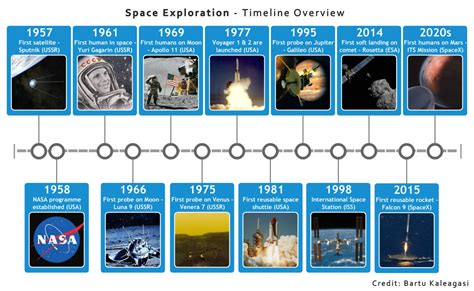As a future space engineering explorer, choosing the right college courses is pivotal to setting yourself up for success. The vast and ever-evolving field of space engineering encompasses a multitude of disciplines, making it crucial to equip yourself with the requisite knowledge and skills to excel in this captivating industry.

Choosing the Right Courses
Selecting appropriate college courses for space engineering exploration necessitates a thorough understanding of the core disciplines and emerging frontiers within this field. Key areas to consider include:
Core Disciplines
- Astrodynamics: Unveiling the intricate dynamics of celestial bodies and their motion, essential for spacecraft design and trajectory planning.
- Spacecraft Systems Engineering: A holistic approach to designing, developing, and testing spacecraft systems, ensuring optimal performance and reliability.
- Space Instrumentation: Equipping engineers with the expertise to develop and implement instruments for scientific exploration and data gathering.
- Propulsion Systems: Exploring the principles and technologies behind spacecraft propulsion, crucial for achieving efficient and precise maneuvers.
- Spacecraft Structures: Understanding the design and analysis of spacecraft structures, ensuring their structural integrity and resistance to harsh space environments.
Emerging Frontiers
Alongside core disciplines, staying abreast of emerging frontiers in space engineering is essential for staying at the forefront of this rapidly evolving field. Cutting-edge areas include:
- Artificial Intelligence (AI) in Space: Utilizing AI algorithms to enhance spacecraft autonomy, mission planning, and data analysis.
- Additive Manufacturing for Space: Harnessing advanced manufacturing techniques to produce lightweight and complex spacecraft components.
- Bioastronautics: Investigating the physiological and psychological effects of space travel on humans, paving the way for extended space exploration missions.
- Robotics in Space: Developing and deploying robots for spacecraft servicing, exploration, and scientific missions.
- Quantum Technologies for Space: Exploring the potential applications of quantum computing and communication in space engineering.
Relevant Coursework
To prepare for a fulfilling career in space engineering exploration, consider incorporating the following courses into your undergraduate curriculum:
Mathematics:
* Calculus
* Differential Equations
* Linear Algebra
* Statistics
Physics:
* Classical Mechanics
* Electromagnetism
* Thermodynamics
* Quantum Mechanics
Engineering:
* Fluid Mechanics
* Heat Transfer
* Solid Mechanics
* Electronics
* Control Systems
Space-Specific Courses:
* Astrodynamics
* Spacecraft Systems Engineering
* Spacecraft Structures
* Space Instrumentation
* Propulsion Systems
Interdisciplinary Courses:
* Artificial Intelligence
* Data Analytics
* Project Management
Real-World Applications
The knowledge and skills acquired through these college courses find practical applications in various aspects of space engineering exploration:
- Mission Design: Utilizing astrodynamics principles to design and optimize spacecraft trajectories for scientific missions and space exploration.
- Spacecraft Development: Engineering spacecraft systems encompassing structural design, propulsion, instrumentation, and electronics, ensuring reliable and efficient operations.
- Spacecraft Operations: Controlling and monitoring spacecraft in orbit, performing maneuvers, and troubleshooting potential anomalies.
- Scientific Exploration: Analyzing data from spacecraft instruments to understand planetary bodies, cosmic phenomena, and the search for extraterrestrial life.
- Human Spaceflight: Designing and implementing space habitats and vehicles for extended human exploration missions, ensuring the safety and well-being of astronauts.
Conclusion
Choosing the right college courses for space engineering exploration is a critical step towards a successful career in this captivating field. By delving into core disciplines, embracing emerging frontiers, and incorporating relevant coursework, future engineers can position themselves at the forefront of space exploration, contributing to groundbreaking discoveries and the advancement of human knowledge beyond Earth’s atmosphere.
